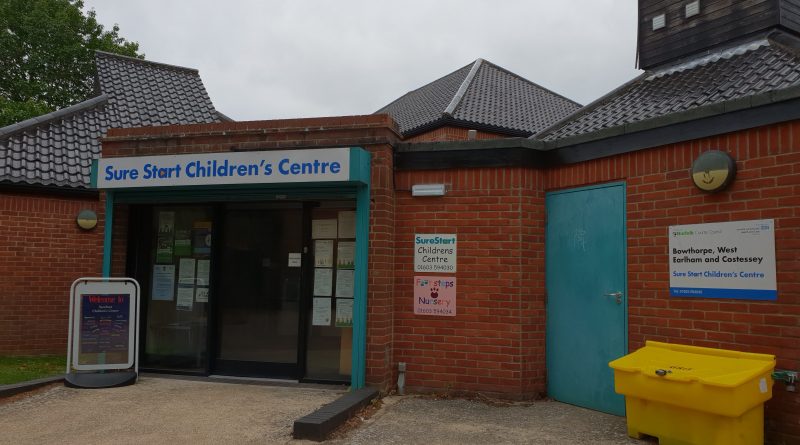The following is drawn from my research on the culture of intervention that is prevalent in the UK education system. One of my conclusions focused on how education policy needs to redirect its intervention focus to before a child even reaches the age of statutory education.
Socio-economic factors, such as ethnic background, social class and upbringing play an important role in determining educational attainment. Research in this area makes it clear, socio-economic factors are actually one of the biggest determining factors in academic achievement at school. Although some of the pastoral interventions put in place by schools aim to tackle these issues, by the time a child reaches compulsory school age, it is often too late.

The greatest intervention that could take place would be to ensure the barriers that exist prior to a child entering nursery are removed. A key example of this in action was Sure Start Children’s Centres which were introduced by Gordon Brown in 1998 which aimed to provide easy access to a range of community health services, parenting and family support, outreach services, integrated early education and childcare, and links to training and employment opportunities for families with children under 5.
Under the Sure Start scheme, many of the barriers which would in other circumstances lead to poorer performance in school, were tackled early in a child’s development.
A DfE impact report in 2010 showed there were four ‘significant’ effects on those families who attended Sure Start centres. These were “engaging in less harsh discipline, providing a more stimulating home learning environment, providing a less chaotic home life (in particular for boys) and parents having better life satisfaction”. This demonstrated clearly that intervening in the early years could have a positive impact on later educational outcomes for the children involved. Not only did this help to improve educational attainment, it also allowed children to develop social skills and be at a similar ability level to their peers when entering formal education.
Sadly, the majority of Sure Start centres have either closed or their purpose has changed to such an extent, their impact in a more holistic sense is lessened. This means that those from poorer backgrounds will start their education at a point, which is on average lower than their peers. With government cuts to most public services causing the Sure Start services to be depleted, we face a situation where these students are systematically held back throughout their educational life. Progress 8 ensures schools only have to get low achieving students to do as well as their peers rather than pushing students to succeed and pupil premium funding can only ever make marginal gains when compared to early intervention during a child’s early development.
A re-alignment of how interventions, especially for working class students, are funded and measured by central government is a must in order to create greater social-mobility and a fair chance for everybody in society to gain the most from their education.
Read my article for TES where I discuss ‘Ditching interventions’ to focus on Quality First Teaching.
